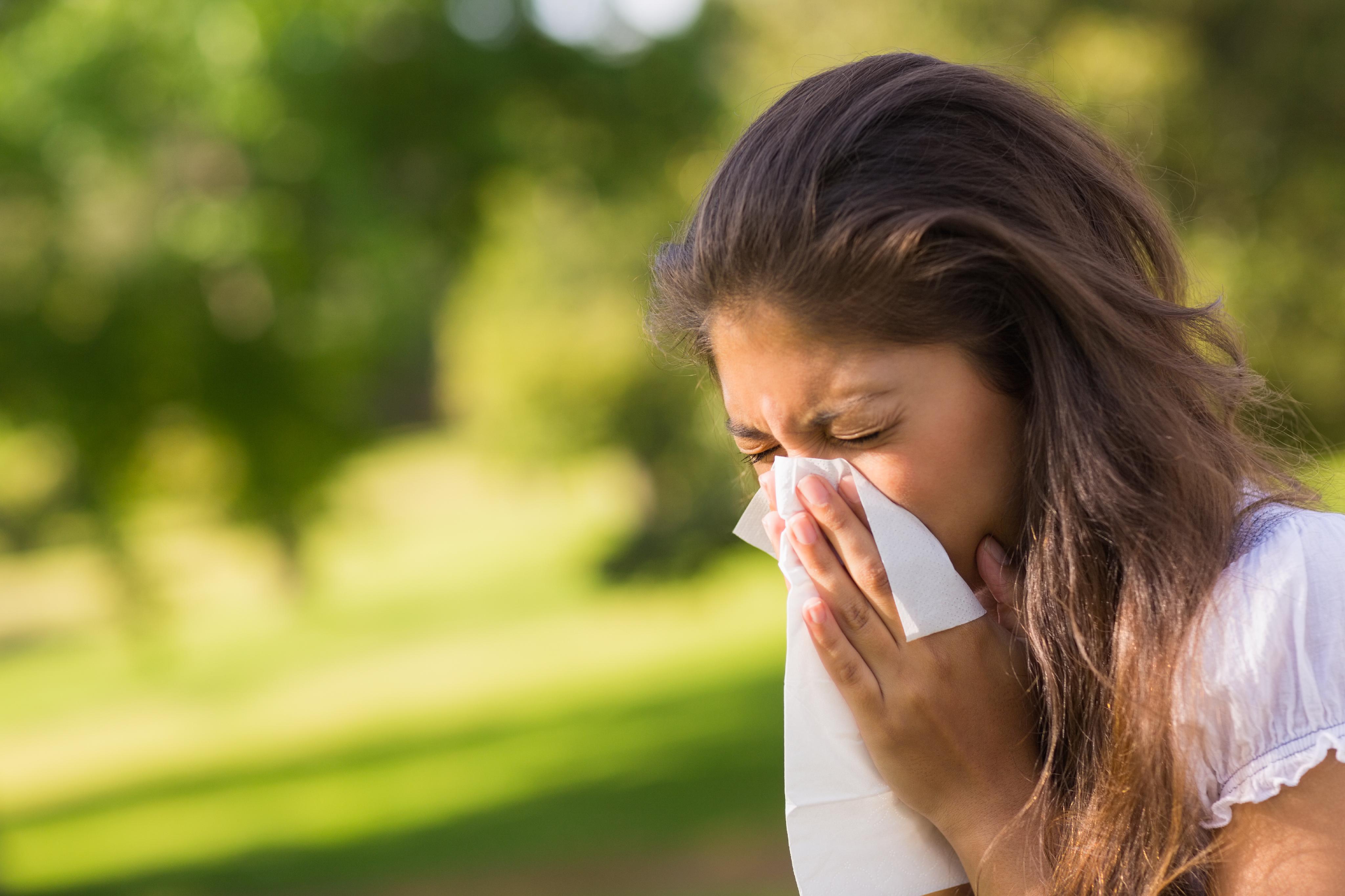Seasonal allergies, fueled by pollen and other minuscule particles that prompt inflammation, persist as a perennial nuisance, with indications suggesting their exacerbation. The advent of spring brings not only lengthening daylight and warmer temperatures but also heralds the onset of seasonal allergies for many individuals.
According to the Centers for Disease Control and Prevention, as many as 60 million people in the United States annually contend with symptoms of allergic rhinitis, commonly referred to as seasonal allergies or hay fever. These nasal symptoms stem from the body's exaggerated response to allergens it deems threatening, manifesting as sneezing, a runny nose, and congestion.
Pollen, disseminated through the air by plants as part of their reproductive cycle, often serves as the catalyst for seasonal allergies. The prevalence and types of pollen present can vary depending on geographical location. Beyond nasal afflictions, pollen can incite inflammation in the eyes and other regions. The CDC reports that seven out of ten individuals experiencing nasal allergy symptoms (allergic rhinitis) will also encounter itching, redness, or watery eyes.
Understanding allergy symptoms is crucial, along with implementing strategies for alleviation.
You'll likely experience several common symptoms if you have seasonal allergies. Sneezing, wheezing, and watery eyes are often associated with this condition. If you're experiencing any of the following symptoms, it's probable that you have seasonal allergies:
- Frequent sneezing
- Watery or itchy eyes
- Runny nose
- Congestion in your nose, ears, or chest
- Postnasal drip
- Itchy throat
Puffy eyelids
2. Less common symptoms of allergies may also manifest, indicating a varied presentation beyond the typical ones mentioned previously. These less prevalent indications might include wheezing, coughing, sudden decrease in exercise tolerance, and mild headaches. It's important to recognize that while the symptoms listed earlier are widespread, allergies can manifest in diverse ways, potentially including these less common signs.
3. If you're experiencing any of these symptoms, there's a good chance you have a cold, COVID-19, or another virus:
- Fatigue
- Aches and pains throughout your body
- Weakness
- Severe headache
- Sore throat (different from the itchiness caused by allergies)
Remember, some of the symptoms in the first two sections may also be symptoms of a cold or the flu, so if you feel under the weather, you should visit your doctor or get tested for COVID-19. A runny nose and sneezing, in particular, are common allergy symptoms and common symptoms of COVID-19.
4. Your symptoms might only manifest at specific times, particularly if you have seasonal allergies. Typically, these symptoms emerge and dissipate around the same period each year. For many individuals, seasonal allergy symptoms commence in spring and conclude in fall. However, depending on your allergy triggers, allergic rhinitis can occur during any of the four seasons. Here's an overview of plants commonly responsible for seasonal allergies:
Spring: Tree pollen, notably from oak, elm, birch, cedar, willow, poplar, horse chestnut, and alder trees.
Summer: Grasses, including ryegrass, Kentucky bluegrass, Timothy grass, and Bermuda grass.
Fall: Weed pollen becomes a primary concern during fall months. Many individuals experience allergies to pollen from ragweed, tumbleweed, pigweed, sagebrush, Russian thistle, and other plants.
Winter: For most people, allergies become dormant during winter months as most plants do not pollinate during this season. However, if you still experience symptoms like watery eyes and a runny nose during cold weather, you might be allergic to indoor allergens such as dust mites, mold, or pet dander.
Here's a rephrased version with proper paragraphs:
Seasonal allergies can be managed effectively with the right approach. When considering over-the-counter medications, it's essential to ensure you're choosing the appropriate one for your symptoms. Consulting your pharmacist or doctor for their recommendation on antihistamines or over-the-counter medications is advisable. Understanding that a stuffy nose resulting from allergies differs from one caused by a cold underscores the importance of targeting symptoms and their underlying causes accurately.
For individuals with severe allergies, a doctor may recommend prescription options such as nasal steroid sprays or allergy shots to alleviate symptoms effectively.
While avoiding allergy triggers is ideal, it doesn't necessarily entail staying indoors with a box of tissues. Implementing strategies to minimize exposure to allergens can significantly help manage symptoms:
- Keep windows shut during peak allergy seasons.
- Utilize an air purifier, especially if sensitive to indoor allergens.
- Wear a dust mask when engaging in outdoor activities like yard work.
- Stay informed about pollen forecasts through local weather networks.
Incorporate daily habits like showering and washing hair to remove pollen clinging to clothes, hair, and skin by the end of each day.












0 Comments